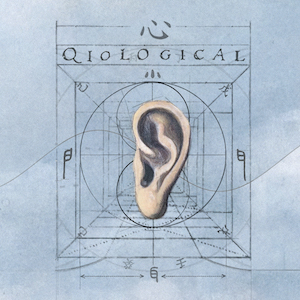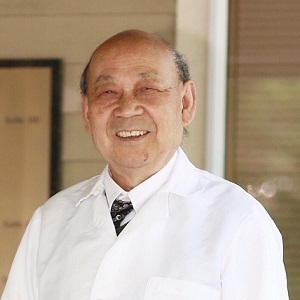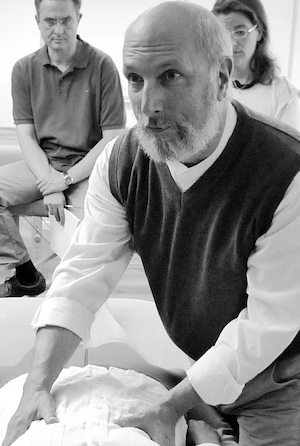
Medicine is always a discussion, Be it between practitioner and patient, between colleagues talking shop, or through the stream of history and commentary that accompany the classics of Chinese medicine.
In this conversation with Dr. Shou-Chun Ma and Dan Bensky we discuss their recently published translation of the Shang Han Lun. And beyond that the importance of building a dimensional understanding between the text, your experience and clinical practice. How the essentials of the classics do not change, but the skills in applying them does. Along with a look at how different kinds of case histories can help to illuminate the text and our understanding, while others might be interesting, but ultimately not clinically helpful.
Listen into this conversation on tradition, doctor slams, how to avoid flattening your perspective on medicine and Dr. Ma’s insights into the Jueyin.

Dr. Shou-Chun Ma
Dr. Ma became interested in medicine as a young boy – he would look things up in Essentials of the Materia Medica to help his mother. In 1969 he had the opportunity to learn from an extremely well-respected doctor in Chongqing, Shi Ji-Min, who was an expert in both acupuncture and Discussion of Cold Damage.
In the 1980s, Dr. Ma was accepted into a master’s program in Discussion of Cold Damage studies. There he not only had the opportunity to work under three famous experts in the Discussion of Cold Damage—Peng Lü-Xiang 彭履祥, Dai Fo-Yan 戴佛延, and Chen Zhi-Heng 陳治恆—but also to work as resident in the school’s hospital. After graduating, he went back to the Chongqing Institute of Traditional Chinese Medicine, which was primarily a clinical site with both inpatient and outpatient departments. He then moved to Seattle in 1986-1988 and has been seeing patients and teaching here ever since. In 2006 he earned a Ph.D. from the China Academy of Traditional Chinese Medical Sciences under the tutelage of one of the top contemporary scholars and practitioners in China on Discussion of Cold Damage, Nie Hui-Min 聶惠敏.
All this gives Dr. Ma an extraordinary background in vis-a-vis this text. He originally engaged with the work via an apprentice-style learning and then spent time working with it in an academic and institutional milieu with the intense scholarly and clinical experiences that entailed. Finally, he has lived and worked in the United States for over 30 years, so he has a good idea not only how these herbal approaches work on Western patients, but also how best to help Western students and practitioners understand and utilize the information.

Dan Bensky
I’ve been interested in things East Asian since I was a boy and stumbled into Traditional East Asian Medicine by chance 50 years ago. My clinical experiences in East Asia and the US since then has shown me that the greatest thing about this medicine is its many tools that aid in paying attention to and helping our patients on a multitude of levels. The understanding of the Discussion of Cold Damage is one important way to do this.
I’ve been involved in translating Chinese medicine into English since the mid-70’s and after completing a Masters with a focus on Classical Chinese at the University of Washington in the mid-90’s, had the good fortune to be invited by Dr. Ma to help him share his insights into this book by translating the original text, commentaries, and Dr. Ma’s own insights.
Get your copy of the Discussion of Cold Damage with Commentaries for the Clinic
Dan is one of the founders of the Engaging Vitality method, a useful set of clinical tools that help you to use your sensing and palpation in clinic. Here’s a short video introduction.